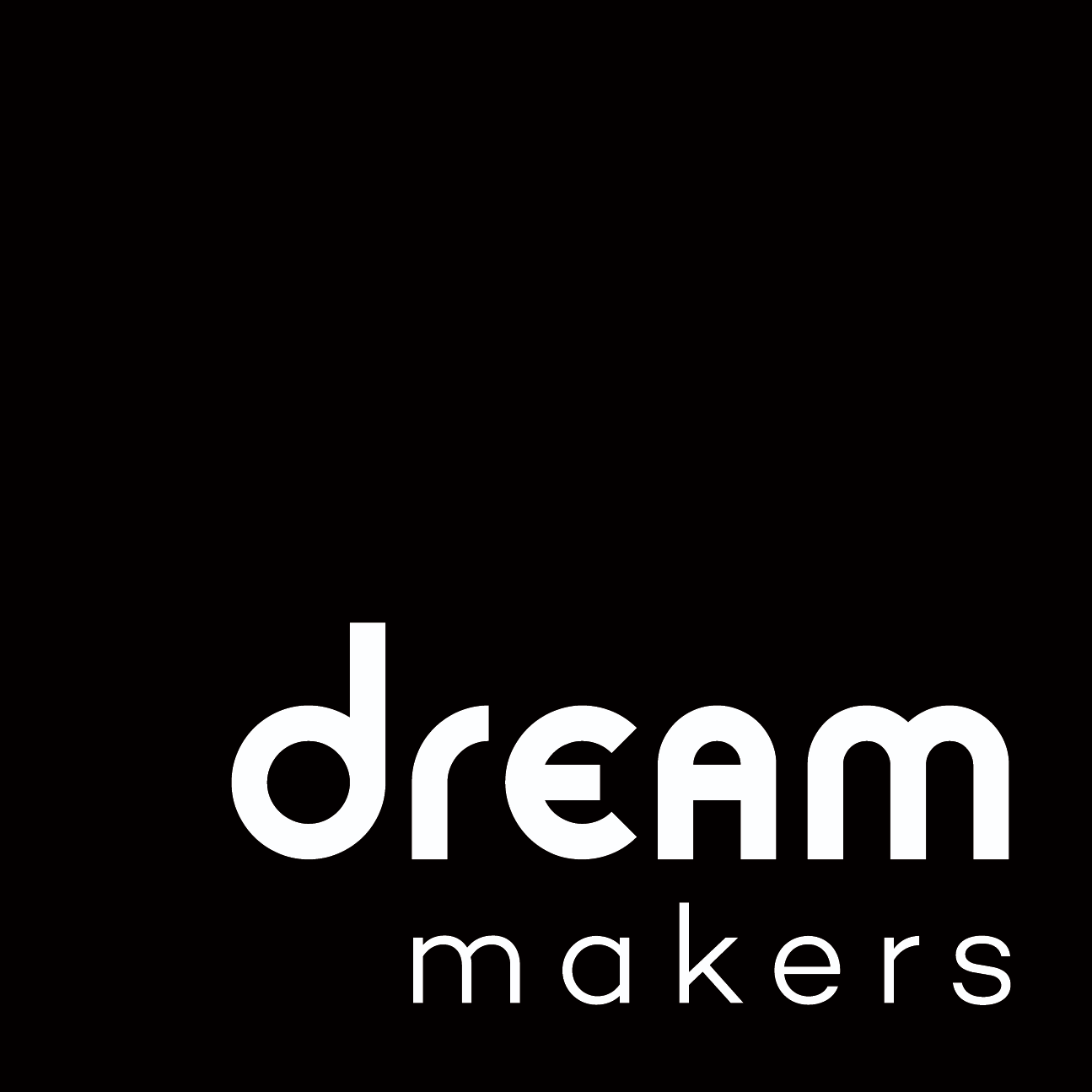
Frequently
Asked
Questions
-
One hundred percent of the funds that are received through dream purchases go to direct program costs. At least 70% of this goes to purchase the youth’s dream, sometimes considerably more.
The difference helps cover necessities like postage, supplies, shipping, working directly with the youth to help select the right dream, and other vital program expenses.
-
Each dream application is thoughtfully reviewed by our Program Manager who is also a former foster youth. We have former foster youth on our team to manage the process, and interns and contractors who have aged out of the foster system to help us design, cook, photograph, or otherwise run Dream Makers operations and events.
Their insight determines which dreams to feature. Then, we work with other submissions to refine the dream into a specific request that leads to success and independence. While dreams that typically meet these criteria are career- or education-oriented (e.g. laptops, scrubs, camera, books, cosmetology kids, or new tires or car repairs for transportation), we’ve also been able to provide outlier needs that have had made a major impact on an individual, like a therapy pet, educational trip, prosthetic leg, or an insulin pump.
-
Yes, you can select the dream(s) that are most appealing to you and your group!
We can create an exclusive link for you to share with those who are joining you in participating.
Email our National Director, Nicole Hirai at nhirai@dreammakersproject.org to set this up. -
Yes, they are! These are the very real faces and names of youth who represent part of the population of those who have survived foster care.
-
Contacting the youth is not usually possible.
Some youth prefer anonymity and we attempt to honor their wishes. Other youth are not able to give out personal information due to the complexity of their situation.
We do give each youth the donor's notes, words of encouragement, and prayers when the dream is purchased. The youth are always so moved that they are seen and that people actually care! -
We are not able to arrange the logistical details of making this happen.
In most cases, we are not able to give out the address and personal information of the youth. We also do not disclose the addresses of our donors to our youth.
This is a necessary buffer to protect both youth and donors. -
Occasionally, circumstances do not allow us to purchase a dream for a youth.
There are times where we can no longer locate the youth or their situation has significantly changed. In these rare circumstances, we simply shift these funds to another youth who is waiting for a dream.

